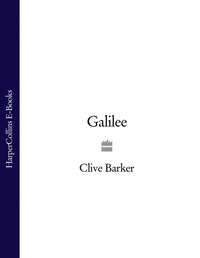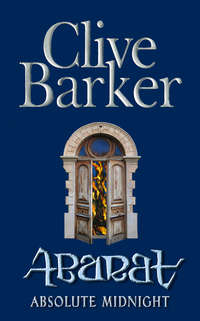The Great and Secret Show

Полная версия
The Great and Secret Show
Жанр: ужасы / мистикафэнтезисовременная зарубежная литературазарубежное фэнтезиужасыфэнтези про драконовгероическое фэнтези
Язык: Английский
Год издания: 2018
Добавлена:
Настройки чтения
Размер шрифта
Высота строк
Поля
Конец ознакомительного фрагмента
Купить и скачать всю книгу







